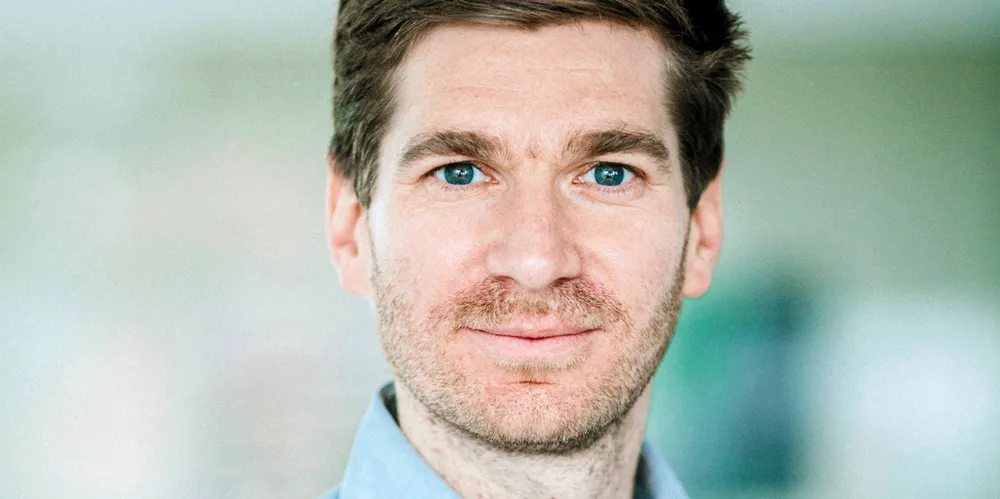Google leads 100-strong scheme in search of 'near-realtime' green energy quality-check
EnergyTag technology designed to advance renewable energy certificates system with 'greater transparency' hour-by-hour to replace annual per-MWh basis

International energy giants Vattenfall, Statkraft and Engie and IT titans Google and Microsoft lead a list of some 100 organisations that have signed up to use a “tag-based” system for verifying clean-energy consumption on an hour-by-hour basis, with six projects launched to trial the technology, which is designed to give greater “transparency” to corporate power purchase agreements.
Green is the new black. Subscribe to Accelerate
Get the market insight you need into the global oil & gas industry's energy transition – from the new newsletter from Upstream and Recharge. Sign up here
EnergyTag, which also counts the US government and several global NGOs among its backers, aims to provide industrial consumers with “confidence that the power they are buying is truly green and provide the price signals to the market to ensure clean power is available round-the-clock” by making it possible to track electricity-generating sources in near-realtime.
“Google intends to run on carbon-free energy everywhere, at all times, by 2030,” said Michael Terrell, director of energy at Google. “EnergyTag will be an important tool for helping Google and many others source carbon-free energy for their operations, at an hourly level. We look forward to supporting the development of this important standard.”
EnergyTag founder Toby Ferenczi said: “We need a transparent way of verifying the source of the power we consume each hour to accelerate deployment of the technologies needed to fight climate change.
“Although many organisations and individuals already buy energy which is classified as renewable through current certification schemes, the consumption of this energy is only matched to production on an annual basis,” he said.
“The problem is that as more renewable power plants are built, the availability of clean energy becomes increasingly volatile, meaning overproduction at certain times of day and scarcity at others.”
Ferenczi underlines that this variability “causes significant daily fluctuations” in the carbon intensity of an electricity system, “leading some to suggest that new carbon accounting methodologies” are necessary.
“Current mechanisms, renewable energy certificates are priced the same regardless of scarcity or oversupply, which does not provide a market incentive to fill the gaps,” he added.
The lead-off projects will test the use of hourly tags to check the percentage of energy consumed that is sourced from renewables, and also demonstrate how “more granular” certificates “can reward those that can provide renewable power at times of short supply, including storage and flexibility providers that are essential enabling a carbon-free electricity system”.
First results from the projects – located in the US, Denmark, Netherlands, Sweden, Norway and Australia, and involving corporates including Google, Microsoft, Vattenfall, Centrica, Energinet, Statkraft and Eneco – will be published by the end of 2021.
Verification of the generation source of electricity on an hourly basis has not been possible to this point, with current so-called ‘energy attribute certificates’ – known as guarantees of origin (GOs) in Europe, renewable energy certificates (RECs) in the US and renewable energy guarantees of origin (REGOs) in the UK – issued for each megawatt-hour of renewable electricity produced and companies purchasing these certificates to meet their annual energy demand.
Phil Moody, EnergyTag chair, stated: “In order to achieve net zero, we need confidence that our energy supply is 100% clean, 100% of the time. Renewable energy certificate schemes have played a key role in increasing wind and solar generation over the last 20 years.
“We now have the opportunity to introduce a more granular system that can enable consumers to achieve 24/7 clean energy.”